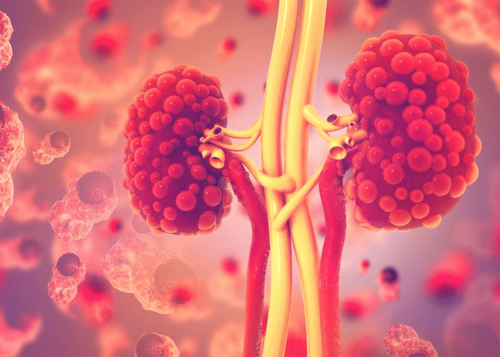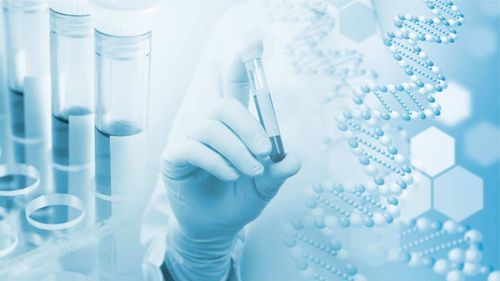This is an automatically translated article.
The article was professionally consulted by Master, Doctor Bui Thi Hong Khang - Pathologist - Laboratory Department - Vinmec Central Park International General Hospital.Immunoassay is one of the routine steps that need to be done during the medical examination. The implementation of an immunoassay will help to better assess the health status of each person, thereby having an appropriate pathological treatment.
1. What is an immunoassay?
Certain substances or pathogens in the body can be detected with the help of immunoassays. When the body is infected with pathogens or what the body considers to be foreign objects (called antigens), the body's immune system will automatically produce corresponding antibodies to fight those antigens. .
Immunoassays are tests based on the body's immune status to find causes such as bacterial infections (bacteria, viruses), hormones, hemoglobin in the blood,... thereby helping to diagnose different diseases based on the result of the reaction between antigens and synthetic antibodies.
Currently, there are different types of immunological tests with different purposes and diagnostic results such as: pregnancy test, digestive cancer screening, allergy diagnosis, urine test, ..
.
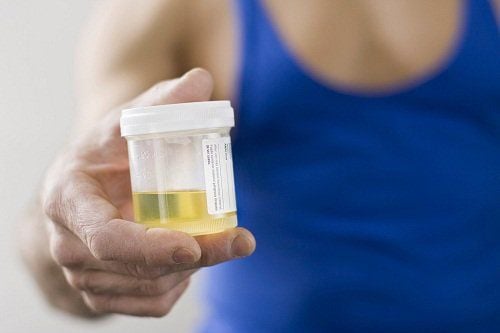
Xét nghiệm nước tiểu giúp phát hiện bệnh lý
2. Types of Immunoassays
Currently the most common types of immunoassays in use are:
2.1. Gastrointestinal cancer screening Gastrointestinal cancer screening is a method to help detect the disease early, thereby providing timely treatment measures and helping patients have a better chance of cure and prolong life.
Immunoassays look for hemoglobin in the blood, which signals blood in the stool. Blood present in the stool can be caused by many things such as hemorrhoids, polyps and even bowel cancer. Some subjects should be screened for gastrointestinal cancer early, including:
People who regularly drink alcohol, smoke cigarettes, eat spicy foods, eat unhealthy foods... People with a family history of cancer suffering from diseases such as: esophageal cancer, colon cancer, stomach cancer... People with polyps, ulcerative colitis, stomach ulcers, HP bacteria,... 2.2. Allergy testing An allergy is an "overreaction" of the immune system to environmental agents, manifesting in symptoms such as watery eyes, runny nose, sneezing,...
People rely on into ways that can cause allergies such as through inhalation (pollen, smoke...), through the gastrointestinal tract (seafood, soybeans, peanuts,...), through contact (rash). , itching,...) to find out the allergy test methods such as blood test, food test and skin test,...
2.3. Pregnancy test A pregnancy test is a useful tool to determine if you are pregnant or not. The pregnancy test helps to detect the pregnancy hormone HCG in the urine. If the strip shows 2 lines, it means you are pregnant, if it shows only 1 line, it means you are not pregnant. The mechanism is that the antibodies in the test strip react with the antigen beta HCG (found in the urine of pregnant women) when reaching the first line, it will change color for the first time, the remaining antibodies will not. can bind with beta HCG when reaching the 2nd line will change the color for the 2nd time. Therefore, when pregnant, 2 lines will appear. In the case of non-pregnancy, ie there is no beta HCG in the urine, there will be no binding reaction between the beta HCG antigen in the urine and the antibody in the test strip, which will only change color once, so the strip shows only 1 bar.
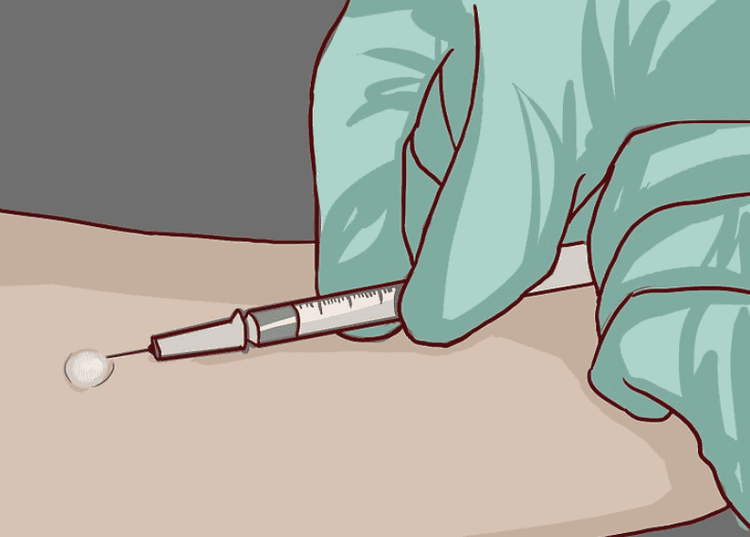
Xét nghiệm dị ứng qua da được sử dụng khá phổ biến
2.4. Identification of infectious agents: Immunoassays are also used to detect viral agents such as HPV, HIV, hepatitis C, and Streptococcus (which cause tonsillitis). Finding the exact type of germ that is causing the disease will play an important role in effective treatment.
In addition, in some cases, pregnant women are also assigned an immune test to determine if they are infected with the Toxoplasma gondii parasite.
2.5. Diagnostic tests for myocardial infarction and thrombosis If you have had a heart attack or blood clot, certain specific proteins in the body are elevated and immunological tests are performed to detect them. .
2.6. Urinalysis The presence of sugar, protein, blood, or inflammatory cells in the urine can be a sign of diabetes, a urinary tract infection, or damage to the kidneys. These signs can be identified through performing an immunoassay.
2.7. Rapid Trial of Stimulant Immune tests can help determine if a person is using stimulants such as doping, marijuana, morphine, cocaine, ecstasy, synthetic drugs that affect the system central nervous system or not.
In addition to the above-mentioned types of immunological tests, immunoassays are also used to evaluate other issues such as detecting toxic substances, checking food hygiene and safety...will be recommended in this study. different cases.
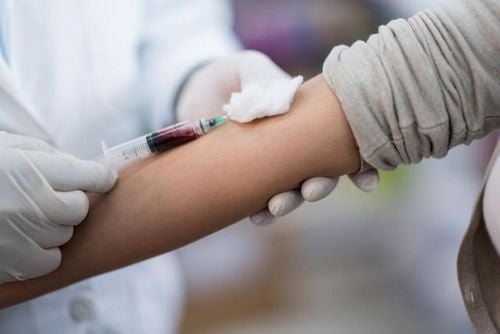
Xét nghiệm đánh giá tình trạng miễn dịch của cơ thể
3. Notes when performing immunoassay
Immunoassay is one of the methods to help diagnose common diseases in medical facilities. However, before performing an immunoassay, there are a few things to keep in mind:
Absolutely follow the instructions to prepare for the immunological test of the doctor or technician (eg fasting for a few hours before). test or fast overnight, increase or decrease the amount of water you drink for 10-12 hours before the test time,...so as not to affect the test results). When performing immunological tests, you should answer all of your doctor's questions honestly, such as your medical history, habits, how much you smoke, how much alcohol you drink, and what illegal substances you use. Tell your doctor about any medicines (including prescription and over-the-counter medicines, supplements, herbal medicines) that you are taking. And it is best to inform about the time you use the medicine (anticoagulants, antiepileptic drugs, ...) to ensure not to falsify the results of your diagnosis. To register for examination and treatment at Vinmec International General Hospital, you can contact Vinmec Health System nationwide, or register online HERE.
MORE:
What is a PCR test? Types of molecular biology tests commonly used 2 tests to pay attention to in women aged 13-18






